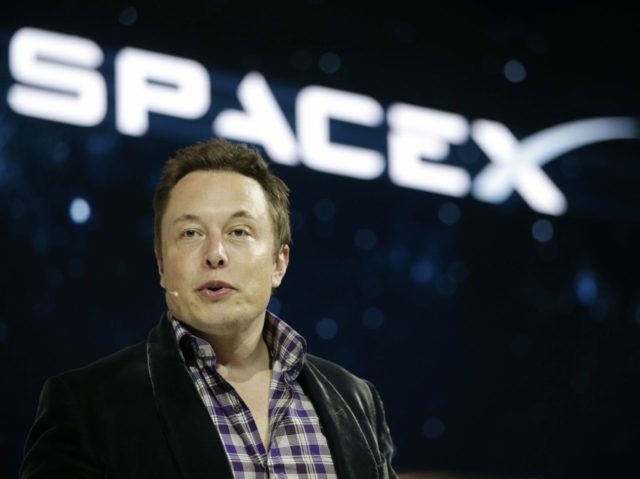An explosion Thursday in Cape Canaveral during a routine static test-fire of the nine Merlin 1D engines that power the first stage of SpaceX’s Falcon 9 rocket is the company’s second catastrophic failure in the last two years, and puts at risk the expected private sector takeover of space flight.
SpaceX suffered its first catastrophic event in June 2015, when the second stage of its Falcon rocket carrying supplies to the International Space Station failed, according to Stratfor Global Intelligence. The company was grounded for nearly six months, and the result was huge customer costs as SpaceX was unable to meet its commitment to complete 10 satellite launches for the year.
Before the latest explosion, SpaceX had completed seven launches and was in the process of expanding its commercial launch schedule. The Falcon 9 success was becoming a huge threat to the competing Atlas V missile, a joint venture between defense contractors Boeing and Lockheed Martin, which had held an exclusive-lock on U.S. commercial launches since 2002.
The Falcon 9 failure came in the last forty-eight hours in the countdown to launch of the $200 million Spacecom Amos-6 satellite, which would have been used by Facebook (FB: NASDAQ) to bring Internet access to Africa, the Middle East, and Europe. It evaporated in the Falcon blast.
With Spacecom, an Israeli company, scheduled to launch two more communications satellites on Falcon 9 launches before the end of the year, Spacecom’s stock plunged by 9 percent in Tel Aviv Stock Exchange trading.
Shares in Iridium, which is scheduled to launch its first of ten “Iridium Next” satellites on a Falcon 9 later in September, also tanked by five percent in U.S. Nasdaq trading.
SpaceX had been rumored on Wall Street to be preparing an initial public offering by the end of the year. Founded by Elon Musk in 2002, the venture capital-backed firm picked up $1.0 billion from Google Inc. and Fidelity Investments in January 2015.
Operating as a sort of private NASA, SpaceX is known to be profitable and cash-flow positive. The company has a $1.6-billion contract with NASA to fly numerous cargo resupply missions to the International Space Station, and a $2.6-billion contract to serve a NASA’s Space Shuttle replacements to transport astronauts beginning in 2017.
The total SpaceX backlog includes nearly 50 launches on its manifest, representing close to $5.0 billion in contracts. But the latest explosion cast substantial doubt on SpaceX’s ambition to complete its 2016 scheduled launches.
Breitbart News has reported that SpaceX was on the cusp of a disruptive revolution in space launch by developing “reusable rockets” that could cut launch costs by two-thirds, from $60 million to $20 million, while still meeting the industry’s 95 percent reliability rate. After completing the first successful landing of the rocket’s reusable first stage in December 2015, SpaceX went on to replicate that victory five times during 2016.
Atlas V rockets, by contrast, are powered by Russian Proton engines, and have never failed to insert a payload into orbit. Commercial satellite launch insurance costs about 6 percent for 80 percent coverage. That means the total losses to Spacecom for its $200 million satellite will be $32 million. But such a loss means future insurance will be much higher.
SpaceX had hoped to prove in 2017 that its Falcon Heavy rocket — essentially three Falcon 9 rockets strapped together — is the most powerful rocket ever made. At a minimum, the Cape Canaveral explosion threatens the company meeting that deadline.
The new space race, among nations and corporations wanting expanded access to space, is spreading. A decade ago, launches were largely controlled by just the United States, Russia and China. But the advent of private sector space companies like Elon Musk’s SpaceX, Jeff Bezos’ Blue Origin and Richard Branson’s Virgin Galactic are an integral part of what could be the biggest industry in the 21st Century — unless further disasters intervene.

COMMENTS
Please let us know if you're having issues with commenting.